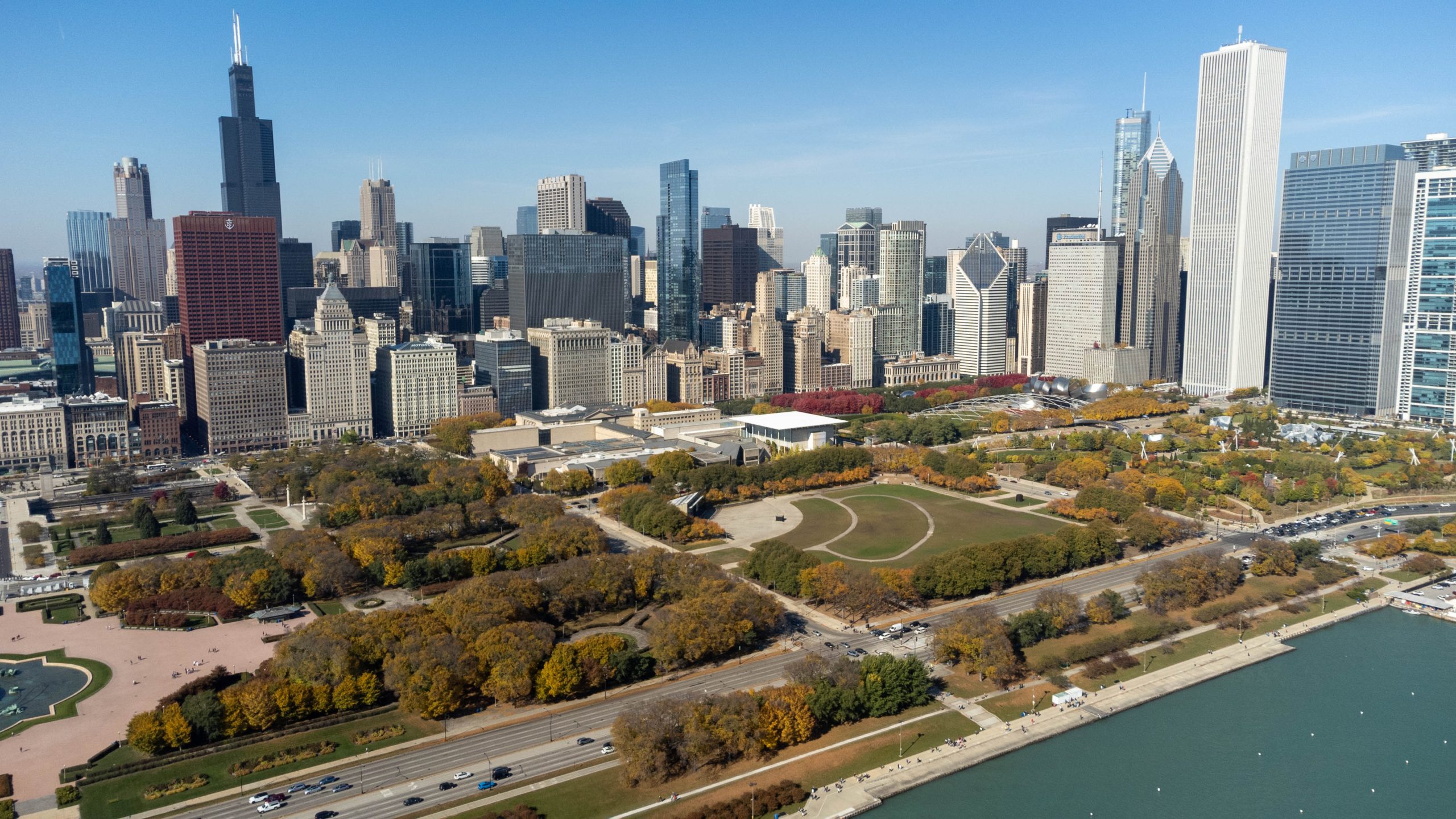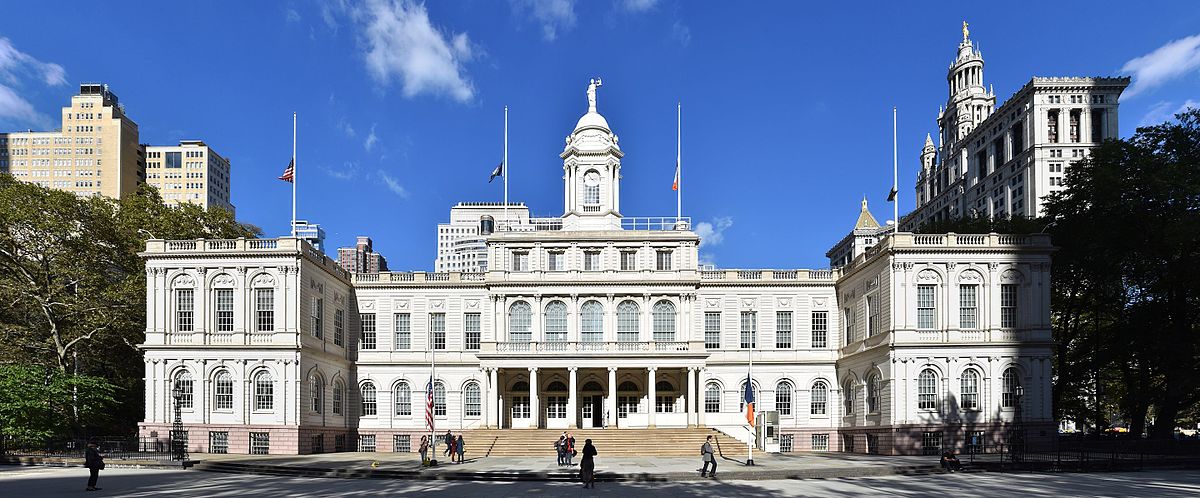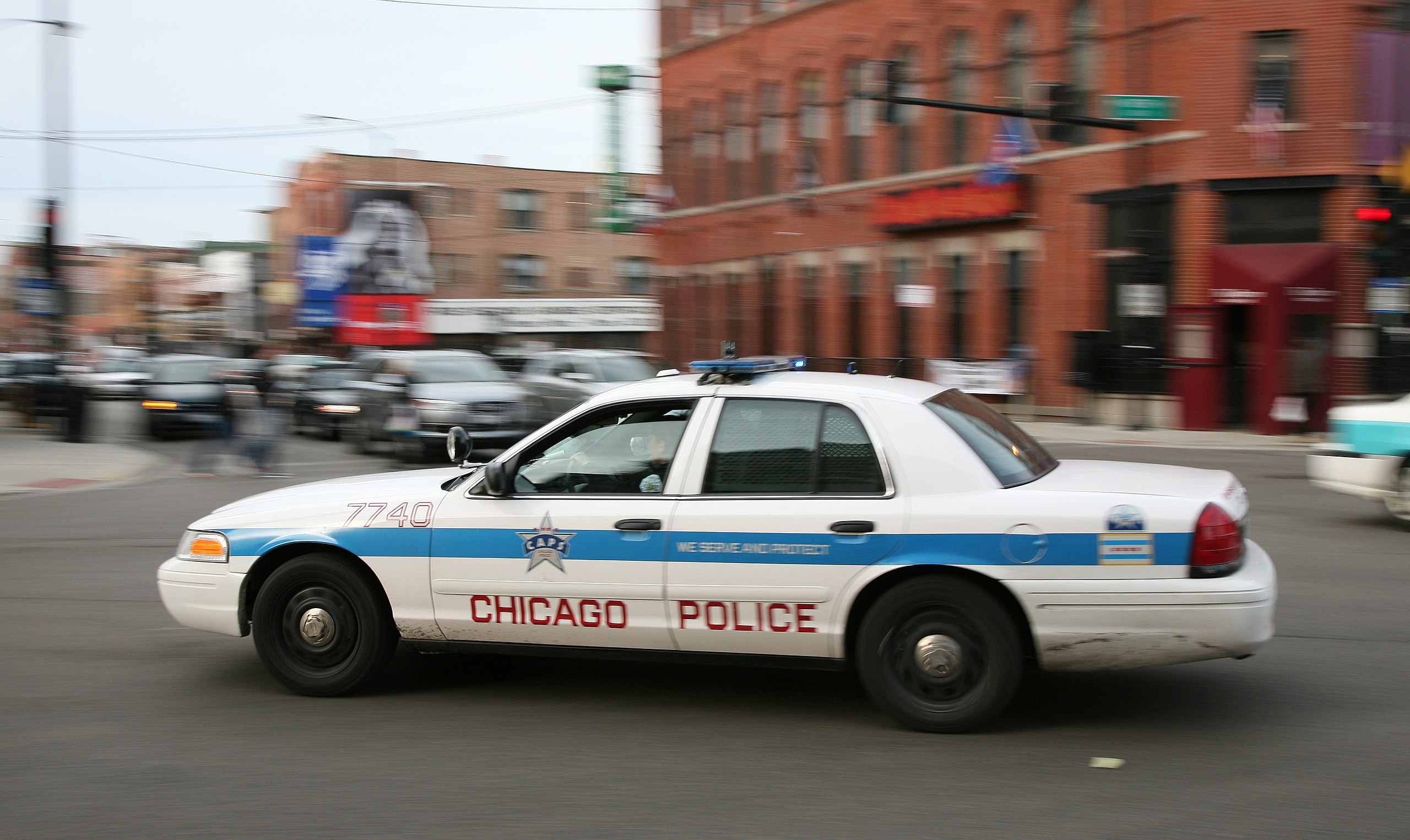Tag: chicago
-
Chicago to hold first ever elections for Chicago Public Schools school board on Nov. 5, 2024

Thirty-five candidates are running in the Nov. 5, 2024, general election for 10 seats on the Chicago Public Schools school board (CPS) in Illinois. This is the first year Chicago residents will vote for board members to oversee CPS. Since 1995, Chicago’s mayor has appointed all seven board members. In 2021, Gov. J.B. Pritzker (D)…
-
Clayton Harris III and Eileen O’Neill Burke are running in the Democratic primary for Cook County State’s Attorney

Clayton Harris III (D) and Eileen O’Neill Burke (D) are running in the Democratic primary for Cook County State’s Attorney on March 19, 2024. Incumbent Kim Foxx (D) is not seeking re-election. Foxx was first elected in 2016. Both Harris and Burke say they will build on Foxx’s policies while improving the relationship between prosecutors…
-
Voters decided 264 local ballot measures in 29 different states in the top 100 largest cities in the U.S. and state capitals

There were 264 local measures in 29 different states within the top 100 largest cities in the U.S. and state capitals. Of the 264 measures, 219 (82.95%) were approved, and 45 (17.05%) were defeated. Eleven (4.16%) were citizen initiatives and 253 (95.83%) were referred to the ballot by city councils, school districts, or other local…
-
Willie Wilson leads Chicago mayoral candidates in fundraising through 2022; Mayor Lori Lightfoot leads in spending

Willie Wilson has reported the most fundraising of all nine candidates running for mayor of Chicago, Illinois, on Feb. 28. Wilson reported raising $6.1 million. WTTW reported that $5 million was self-funded. Mayor Lori Lightfoot spent the most at $4.3 million. These figures include all reports filed through Dec. 31, 2022. Four other candidates reported…
-
Eleven candidates running for mayor of Chicago in 2023

Eleven candidates are running for mayor of Chicago, Illinois, in the February 28, 2023, general election. If no candidate receives more than 50% of the vote, a runoff election will take place on April 4, 2023. The filing deadline for this election was November 28, 2022. Incumbent Lori Lightfoot, Jesus Garcia, and Brandon Johnson have…
-
Policing issues in the most recent Minneapolis and Chicago mayoral races

Two recently elected mayors of major midwestern metropolises are facing similar challenges in reaction to the killing of Minneapolis resident George Floyd by city police last month. Like many big American cities, large demonstrations have occurred in both Minneapolis and Chicago to protest both the death of Floyd specifically and the behavior of police in…

